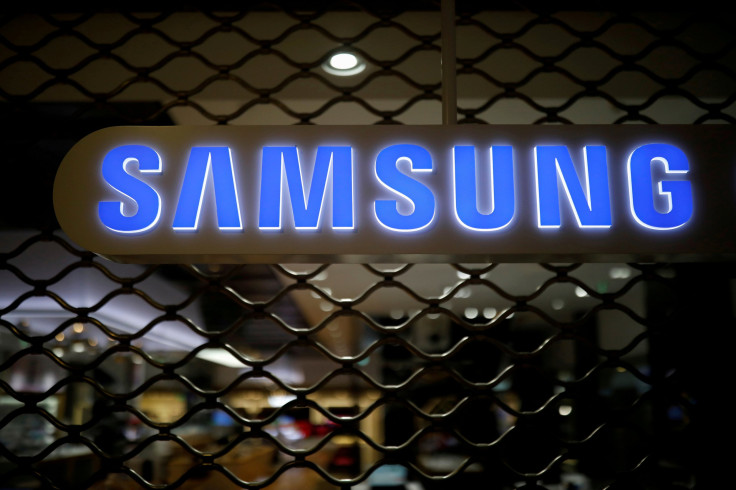Samsung Q2 Earnings Dragged By Weak Smartphone Sales, Chips Business Remains Strong

Samsung Electronics announced its financial results in South Korea on Tuesday morning (Monday night EDT) for the April-June quarter, registering a slowdown in the sale of smartphones and a spurt in its chips business. Overall, the sales fell to 58.48 trillion won ($52.25 billion) for the quarter, down from 60.56 trillion won in the preceding quarter and from 61 trillion won in the same quarter the year before.
While the operating profit for the second quarter of 2018 was up 5.71 percent to 14.87 trillion won, compared to 14.07 trillion won during the April-June quarter in 2017, but it fell from the 15.64 trillion won the company had made in the first quarter of 2018. Net profit of 11.04 trillion won was lower than the 11.69 trillion won in the January-March quarter but comparable to the 11.05 trillion won in the corresponding quarter the year before.
Samsung’s smartphones business was the biggest loser, with sales of 22.67 trillion won, a fall of 22 percent on a year-on-year basis and an 18 percent drop compared on a quarterly basis. The company chalked this up to weak demand and “to increased marketing expenses amid declining revenue attributable to lower-than-expected sales of the Galaxy S9.”
It is a fact that lower-priced Chinese smartphones, offering similar specifications as Samsung’s premium devices, have been giving the South Korean company tough competition in several of its markets, most notably in China and India, the two most populous countries in the world. Samsung cited this as a factor in what it said would be a tough business environment in the second half of the year. The company hinted it would take on the competition by launching the Galaxy Note 9 earlier than planned, and possibly at a cheaper price point. It would also add features to lower- and mid-end offerings.
However, the growing market share of Chinese smartphones also helped Samsung in its semiconductor and memory chips business, which registered a 10 percent growth over the corresponding quarter in 2017. With sales of 27.7 trillion won, it is now the biggest revenue-generating segment for the electronics giant.
Samsung said the demand and shipping for most sub-segments in the chips business increased during the quarter, driven partially by strong Chinese demand, and the company added it expected solid market conditions to continue in the second half of the year.
The company’s results were largely in line with its own guidance that was released in the first week of July. That could be why the Samsung Electronics’ stock on the South Korean Stock Exchange did not take a significant hit Tuesday. It was trading lower by 0.43 percent at 1 p.m. local time (12 a.m. EDT Tuesday), compared to local rival LG which was down 0.13 percent and the broader Kospi index which was 0.17 percent lower.
© Copyright IBTimes 2025. All rights reserved.




















